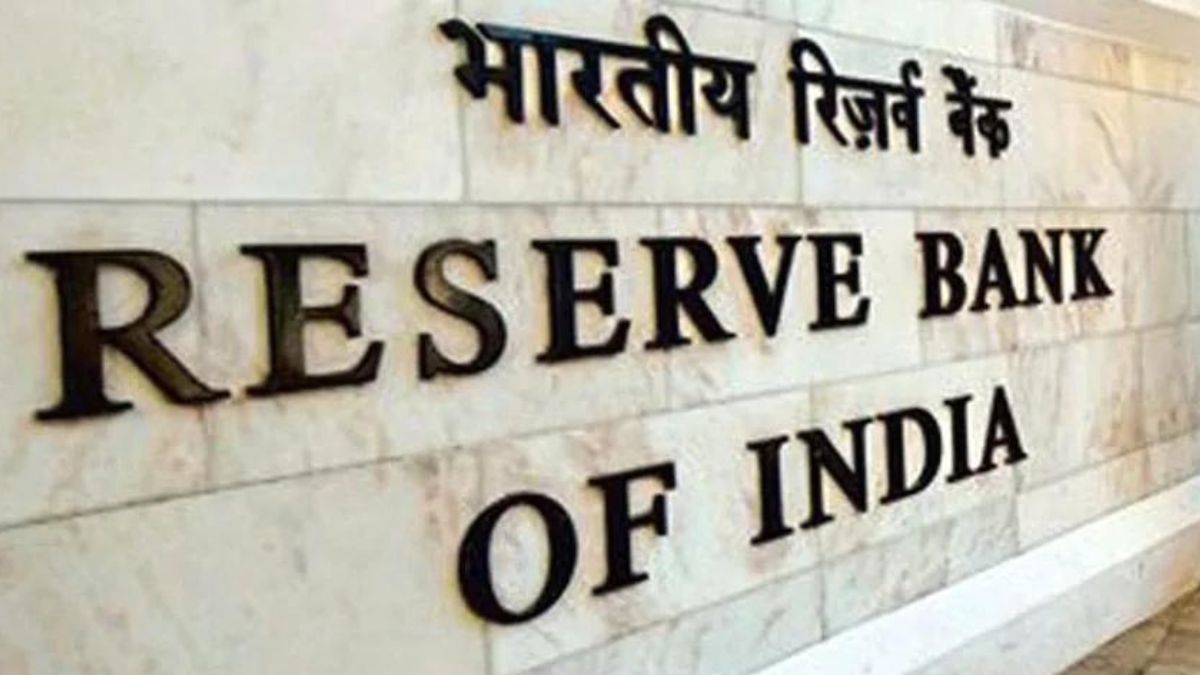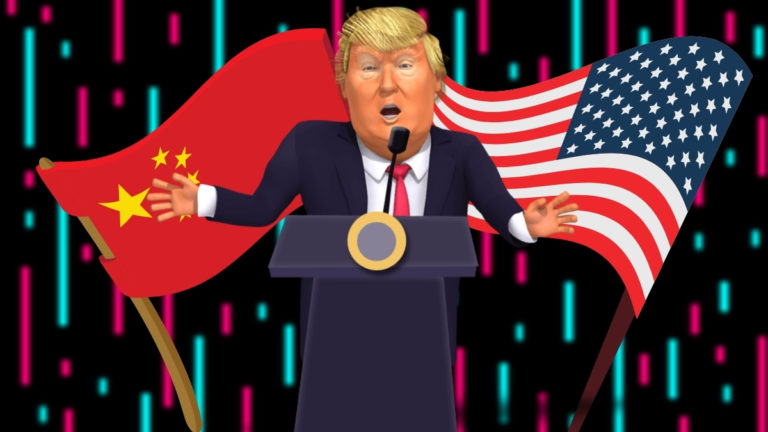The RBI Wants To Ban Cryptocurrencies

It was rumored that the next wave of billionaires would have a strong crypto portfolio until the market saw an enormous crash. Now, reports are emerging that the Reserve Bank of India (RBI) wants to completely ban cryptocurrencies.
The government conveyed the news to the parliament on Monday, which raised more uncertainty about the future of virtual digital assets in India. The country ranks as the second biggest internet market, and if the government does proceed with the idea, it will be a massive blow globally.
RBI’s concerns
The minister of finance in India, Nirmala Sitharaman stated on Monday that the Reserve bank of India had expressed several concerns. It included the “destabilizing effect of cryptocurrencies on the monetary and fiscal stability of a country.” RBI has requested “for framing of legislation on this sector,” she claimed.
She also added, “RBI is of the view that cryptocurrencies should be prohibited.” Drafting any new piece of legislation, particularly for regulation and banning of cryptocurrencies, will need “significant international collaboration,” she said. The government specified in its reasoning to a series of questions raised by a member of the parliament Tholkappiyan Thirumavalavan in Lok Sabha (India’s Lower house).

“Cryptocurrencies are borderless and require international collaboration to prevent regulatory arbitrage. Therefore any legislation for regulation or banning can be effective only after significant international collaboration on evaluation of the risks and benefits and evolution of common taxonomy and standards.”
The Financial Stability Board, consisting of regulators, central bankers, and treasury officials from up to 20 economies (including India), stated earlier this month that it would propose the “robust” global rule for cryptocurrencies in October of 2022. The FSB said that the crypto assets are mainly used for “speculative purposes” and didn’t function in a “regulation-free space.”
What does it mean for crypto enthusiasts?
Sitharaman’s response creates more challenges to accepting cryptocurrencies and the platform as it enables innovation at the top of it in India.
The country’s motion to move closer to tax transactions and profits relating to crypto trading this year was seen as a move of acceptance from the Indian central bank (RBI) to embrace the promising technology proliferating. However, the banks of India recently are conveying different signals to industry players.
The Indian central bank consistently forces the hands of banks from engaging in crypto platforms in the country, creating a nightmare for all the parties involved in the transactions. Additionally, it is sending a negative message to the world that a technology hub like India isn’t adapting or open to adapting to innovation.





